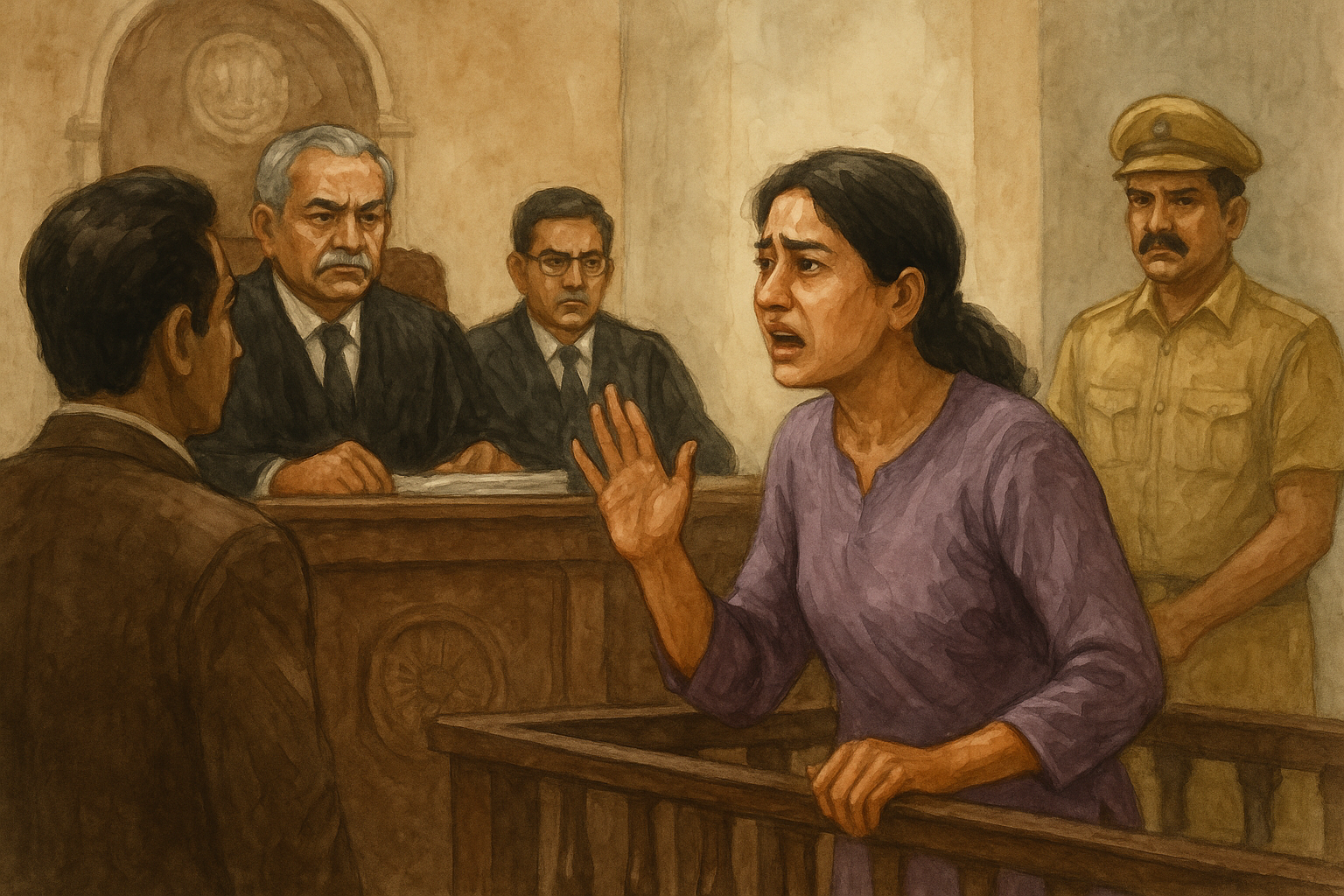Simplified Explanation of the Judgment
In a recent decision dated 1st July 2025, the Patna High Court addressed three writ petitions concerning a construction company that was blacklisted by the Bihar Road Construction Department for a period of ten years. The petitions were heard together, and the Court ruled in favor of the petitioner company, setting aside the blacklisting order on the ground of procedural unfairness and disproportionate punishment.
The core issue revolved around the notice issued to the petitioner company by the department. The company argued that the notice was vague, lacking specific details about the anomalies or alleged irregularities in their work. When the company requested clarification, instead of providing a detailed explanation, the department went ahead and blacklisted the firm for ten years.
The petitioner contended that such a notice made it practically impossible for them to understand and respond to the allegations. Moreover, they argued that blacklisting for such a long period amounted to a “civil death” for the company—completely disabling its ability to work or participate in government contracts.
The High Court emphasized that the principle of proportionality must be applied in such cases. It held that while blacklisting is a valid administrative action, it must be carried out fairly, with proper notice and opportunity to be heard. The Court cited Supreme Court precedents that discourage lengthy blacklisting orders unless warranted by grave misconduct.
Finding merit in the petitioner’s arguments, the Court quashed the existing blacklisting order. However, it did not let the petitioner off the hook completely. The Court directed the department to issue a fresh, detailed notice outlining the specific anomalies. The petitioner would then be required to respond, and only thereafter could a reasoned and proportionate decision be made.
The department has been given a period of six weeks from the date of the order to complete this process.
Significance or Implication of the Judgment
This judgment is significant for contractors and firms engaged in public projects, especially in Bihar. It underscores the requirement of fairness, clarity, and proportionality in government blacklisting actions. The ruling acts as a safeguard against arbitrary administrative penalties and reinforces the right to a fair hearing.
For government departments, this decision reiterates the importance of issuing detailed show-cause notices and maintaining transparency in disciplinary actions. It also sends a message that over-penalization without due process will not stand judicial scrutiny.
Legal Issue(s) Decided and the Court’s Decision
- Issue: Whether a vague notice without specific allegations justifies blacklisting.
- Decision: No, such a notice is procedurally unfair.
- Issue: Whether a 10-year blacklisting is proportionate.
- Decision: No, it is excessive and not justified in this context.
- Issue: What procedure must be followed before blacklisting?
- Decision: A clear, specific notice must be issued; the party must be given a chance to respond; and a reasoned, proportionate order must follow.
Judgments Relied Upon or Cited by Court
While not named, the Court referred to various Supreme Court decisions on the principle of proportionality and procedural fairness in blacklisting.
Case Title
M/s Raja Constructions through its Managing Partner vs The State of Bihar & Ors.
Case Number
CWJC No. 9879 of 2025 (with CWJC Nos. 10033 and 10034 of 2025)
Coram and Names of Judges
Hon’ble The Acting Chief Justice Ashutosh Kumar
Hon’ble Mr. Justice Partha Sarthy
Names of Advocates and who they appeared for
- For the Petitioner: Mr. Jitendra Singh, Sr. Advocate; Mr. Anil Kumar Singh, Advocate
- For the Respondents: Mr. Nadeem Seraj, Advocate; Mr. Madanjeet Kumar, Advocate
Link to Judgment
If you found this explanation helpful and wish to stay informed about how legal developments may affect your rights in Bihar, you may consider following Samvida Law Associates for more updates.









